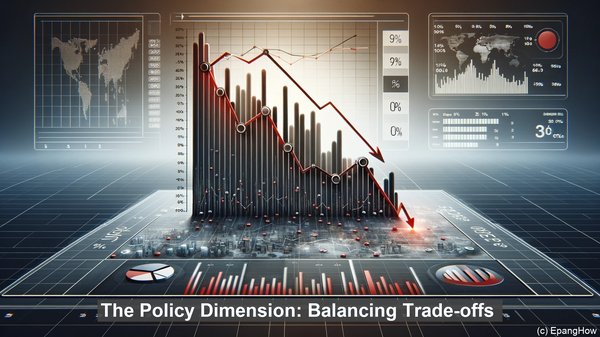Introduction: The Overlapping Fields
Hello, everyone! When it comes to the intersection of economics and the environment, two terms often come up: natural resource economics and environmental economics. While they may seem similar, they have distinct focuses and applications. Today, we’ll explore these differences and understand why they matter in our pursuit of a sustainable future.
Natural Resource Economics: Managing the Earth’s Bounty
Natural resource economics primarily deals with the extraction, allocation, and utilization of resources like minerals, forests, and water. It examines the economic factors that influence these activities, such as supply, demand, and pricing. This field is concerned with optimizing resource use, ensuring their sustainable exploitation, and minimizing negative externalities like pollution or over-extraction.
Environmental Economics: Valuing Nature’s Services
On the other hand, environmental economics takes a broader view, encompassing the economic impact of human activities on the environment and the reciprocal effects on our well-being. It looks at the value of ecosystem services, such as water purification, climate regulation, and pollination, and how these contribute to our economies. Environmental economics also delves into issues like pollution control, waste management, and the economics of conservation.

The Overlap: Interdisciplinary Collaboration
While natural resource economics and environmental economics have their unique scopes, they often intersect. For instance, when assessing the viability of a mining project, both fields come into play. Natural resource economics would analyze the market demand for the mineral, its extraction costs, and the potential environmental impacts. Environmental economics would evaluate the long-term consequences, the value of the ecosystem services that might be affected, and the potential trade-offs.

The Policy Dimension: Balancing Trade-offs
Both fields play a crucial role in policy formulation. Natural resource economics provides insights into the economic viability of resource management strategies, while environmental economics highlights the potential costs and benefits to society and the environment. Together, they inform decisions on issues like setting fishing quotas, establishing protected areas, or designing market-based mechanisms like carbon pricing.
